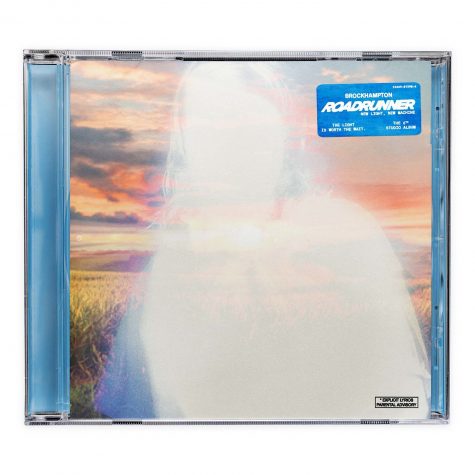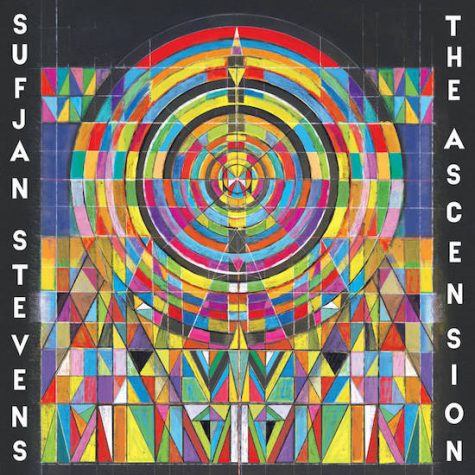Taylor Swift hits a high note with ‘Reputation’
In one of the first striking lines in “Reputation,” Swift sings “I swear I don’t love the drama, it loves me.” This can only mean one thing: Taylor Swift has got a big reputation, and she’s thriving in it.
After a lengthy sabbatical from the music scene, Swift finally released her new record, “Reputation,” which centers on her notorious public persona. After her breakout pop album, “1989,” debuted three years ago, fans and critics alike were eager to hear how Swift would take her music to the next level.
“Reputation” channels a darker side of Swift, a persona that she foreshadowed with her first single “Look What You Made Me Do.” This polarizing single, with its synthetic beats that are seemingly borrowed from Right Said Fred, is (fortunately) the only track on the album of its kind. The rest of the record carries Swift’s vengeful attitude with a richer, deeper sound — securing her transition from America’s Sweetheart to a confident villainess.
Tracks such as “I Did Something Bad” and “So It Goes…” show off the singer’s stylistic evolution into a more mature form of pop. Almost every track features a bombastic beat that unapologetically commands the listener’s attention. The beats are complemented by deep bass lines that cultivate the hearty songs, which feel both visceral and vulnerable at the same time.
This album displays Swift’s voice front and center, showing off parts of her vocal range that have never been exposed before. “Don’t Blame Me,” the brooding, gospel-inspired track, is the best example of this. Influenced by artists like Hozier and BANKS, this song showcases a whole new side to Swift’s range — with a high note executed so perfectly, chills automatically run down the spine.
Despite the new persona Swift is trying to push, there’s still a hint of familiarity in her new album. Swift thrives doing what she does best — painting pictures with words through melodramatic love songs. “Getaway Car,” the Jack Antonoff-inspired piece, perfectly captures an idealized, youthful romance that seems distant yet incredibly poignant at the same time.
Tracks like “Delicate” and “Gorgeous,” capture small, hard-to-describe moments in a budding romance, where guarded hesitation meets magnetic attraction. Swift depicts a more mature relationship with these love songs, compared to her work in the past. These songs center on the ways a couple can grow together, in ways that feel vulnerable and real.
The album ends on a quieter note with “New Year’s Day.” Stripped of the electronic beats, “New Year’s Day” is a slower, piano-focused ballad that is equally as powerful as any of the darker tracks. It’s calm and heartwarming, in a way that seems to signify a new beginning after manic moments and celebrity feuds. Swift seems to say that she feels most herself when she’s “cleaning up bottles with you on New Year’s Day.”
In the album’s prologue, Swift claims that “we think we know someone, but the truth is that we only know the version of them they have chosen to show us.” This darker, brooding version of Swift may not be all of who she is — but it’s definitely one part that her audience has yet to see.
Reputation seems to convey the most honest, introspective version of Swift yet. She’s finally letting people get a glimpse of her two sides — the perfectly curated image and the person left standing when it finally shatters.










